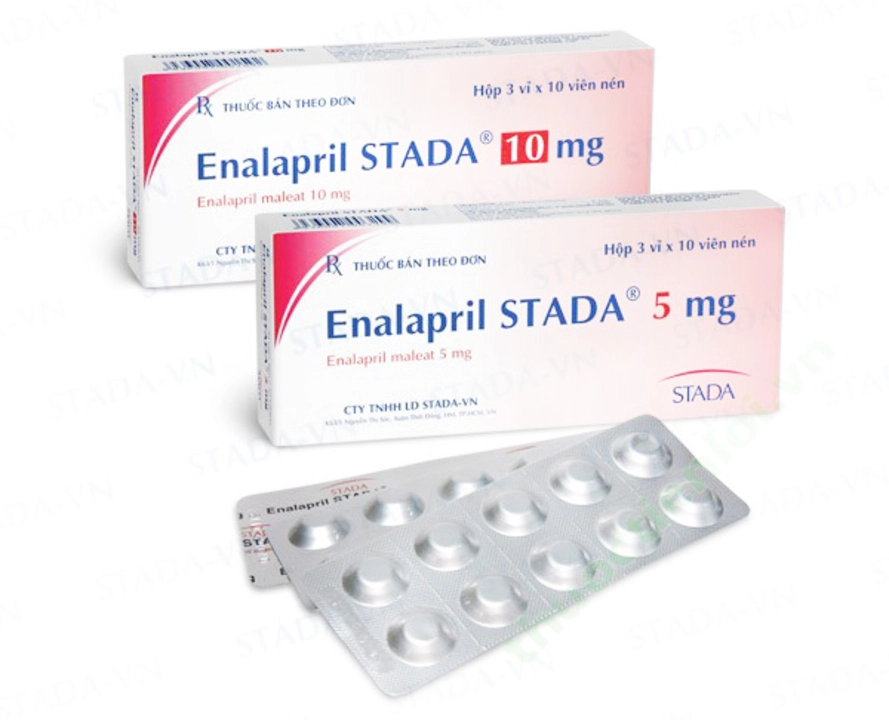Enalapril: what it does and how to use it safely
If your doctor prescribed enalapril, you probably want simple, useful advice — not a textbook. Enalapril is an ACE inhibitor commonly used to lower blood pressure and help with heart failure. It relaxes blood vessels so blood flows easier, which lowers pressure and reduces strain on your heart. Below are practical points you can use right away.
How to take enalapril
Follow your doctor’s dose. Typical starting doses are low (for example, 2.5–5 mg once daily) and then adjusted based on your blood pressure and tolerance. Take it at the same time each day; mornings work for many people. You can take enalapril with or without food. If your doctor prescribes a twice-daily schedule, space doses evenly. If you miss a dose, take it as soon as you remember the same day. Don’t double up the next day.
If you notice lightheadedness the first few days, sit or lie down until it passes. That feeling often fades after a week or two as your body adjusts. Keep a log of blood pressure readings at home and bring it to appointments — your doctor will use that to fine-tune the dose.
Side effects, interactions and safety
Common side effects include dizziness, cough (a dry, persistent cough), and tiredness. A less common but serious issue is swelling of the face, lips, tongue, or throat (angioedema). If that happens, stop the drug and seek emergency care. Enalapril can raise potassium levels, so avoid potassium supplements or salt substitutes unless your doctor approves. It can also affect kidney function, so your doctor will likely check blood tests (creatinine and potassium) within a week or two of starting and then periodically.
Avoid enalapril in pregnancy — it can harm the fetus. Women of childbearing age should use reliable birth control and tell their doctor if pregnancy is possible or confirmed. If you have a history of angioedema with ACE inhibitors, you shouldn’t take enalapril. Also mention if you take diuretics, NSAIDs (like ibuprofen), or potassium-sparing drugs; these can interact.
Traveling or exercising: bring extra medication, keep it in original packaging, and carry a note with the drug name. If you get dehydrated from vomiting, diarrhea, or heavy sweating, contact your doctor — dehydration can make blood pressure drop too low on enalapril.
Final practical tips: keep all follow-up appointments, show your full medication list to any new provider, and never stop enalapril abruptly without talking to your doctor. If cost or access is an issue, ask your clinic about generic options, prescription assistance, or trusted pharmacies. With the right monitoring and small precautions, enalapril is an effective, well-understood tool for managing blood pressure and supporting heart health.
 6 May 2023
6 May 2023
Enalapril and Depression: Understanding the Connection
As a blogger, I recently came across the connection between Enalapril and depression, which I found quite fascinating. Enalapril is a medication primarily used to treat high blood pressure, but it has also been linked to causing or worsening depression in some patients. This connection seems to be due to the way Enalapril affects certain chemicals in our brain, which can trigger depressive symptoms. It's important to discuss any concerns with your doctor if you're taking Enalapril and experiencing feelings of depression. Being aware of this potential side effect can help ensure proper care and management of both conditions.
Latest Posts
-

How to Buy Cheap Generic Glucophage Online Safely
-

Insulin Stacking: How to Avoid Dangerous Hypoglycemia with Safe Dosing Intervals
-

Trazodone vs. Alternatives: Which Sleep Aid Is Right for You?
-

Imipramine and Diet: Foods to Eat and Avoid for Better Mental Health
-

How to Treat Diaper Rash Caused by Food Allergies

19